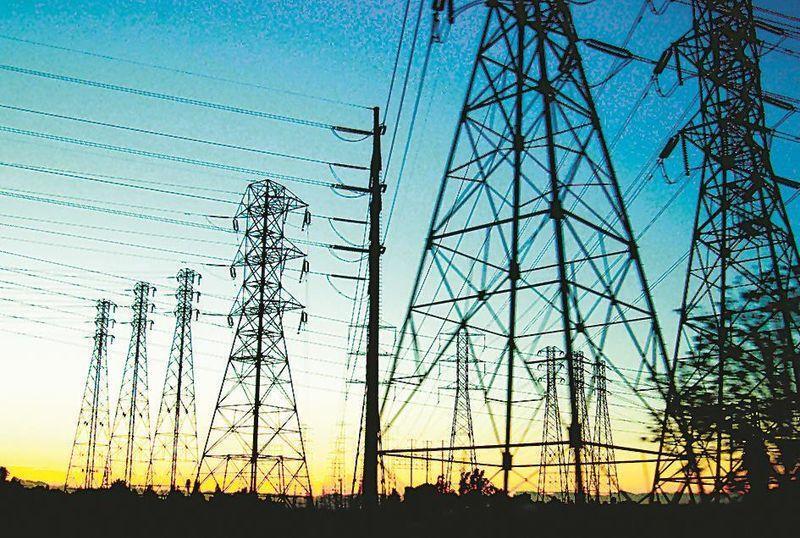
Lahaul-Spiti Residents Oppose Power Projects
Located in the Western Himalayas, the Lahaul-Spiti valley is a breathtakingly beautiful region in Himachal Pradesh, known for its pristine natural environment and rich cultural heritage. However, the residents of this valley are now facing a new challenge, as they have been opposing the construction of 18 mega hydropower projects in the region. These projects, which include major ones like Jispa (300 MW), Seli (400 MW), Miyar (120 MW), Duggar (380 MW), and Raholi-Dugli (420 MW), among others, are threatening to disrupt the fragile ecosystem and traditional way of life of the people living in the valley.
The recent decision of the leaders and community organisations of the Lahaul valley to hold a protest rally at Udaipur against these power projects has sent shockwaves across the region. The rally, which is scheduled to take place soon, is expected to be a massive show of opposition against the construction of these projects, which are seen as a threat to the very existence of the valley’s ecosystem and culture.
One of the main concerns of the residents is the impact these projects will have on the valley’s fragile environment. The Lahaul-Spiti valley is home to several endangered species, including the snow leopard, Himalayan brown bear, and the Himalayan musk deer, among others. The construction of these power projects will involve the diversion of massive amounts of water, which will disrupt the natural habitats of these species and put their very survival at risk.
Moreover, the projects will also have a significant impact on the valley’s hydrology, which is already under stress due to climate change. The diversion of water for power generation will further reduce the water levels in the rivers, affecting the livelihoods of the people who depend on them for irrigation, drinking water, and other purposes. The valley’s agricultural sector, which is already struggling due to climate change, will be severely affected by the reduction in water levels.
Another major concern of the residents is the lack of transparency and consultation in the decision-making process for these projects. The government has been pushing for the construction of these projects without consulting the local residents and stakeholders, who are the ones who will be most affected by their implementation. This lack of transparency and consultation has led to widespread resentment and mistrust among the residents, who feel that their voices are being ignored and their concerns are being dismissed.
The residents of the Lahaul-Spiti valley are not just opposing the power projects for environmental and economic reasons. They are also concerned about the impact these projects will have on their cultural heritage and traditional way of life. The valley is home to several indigenous communities, including the Kinnaura, Changpa, and Brokpa, among others, who have been living in the region for centuries. These communities have their own unique culture, language, and traditions, which are under threat from the increasing influence of external forces.
The construction of the power projects will also lead to the influx of outsiders into the valley, which will change the demographics of the region and erode the cultural identity of the indigenous communities. The residents are concerned that the valley will lose its unique cultural identity and become just another industrialised region, devoid of its natural beauty and cultural heritage.
In light of these concerns, the decision of the residents to hold a protest rally against the power projects is a significant development. The rally is expected to be a platform for the residents to express their opposition to these projects and to demand that their voices be heard. The government and other stakeholders will need to take note of the concerns of the residents and engage in a meaningful dialogue with them to address their concerns.
The fate of the Lahaul-Spiti valley hangs in the balance, as the residents decide whether to accept the construction of the power projects or to stand up against them. The outcome of this struggle will have far-reaching consequences for the environment, economy, and culture of the region. As the residents of the valley march towards the protest rally, they are sending a clear message to the government and other stakeholders: “We will not be silenced, and we will not be ignored.”
Source:
https://www.tribuneindia.com/news/himachal/lahaul-spiti-residents-oppose-power-projects/






